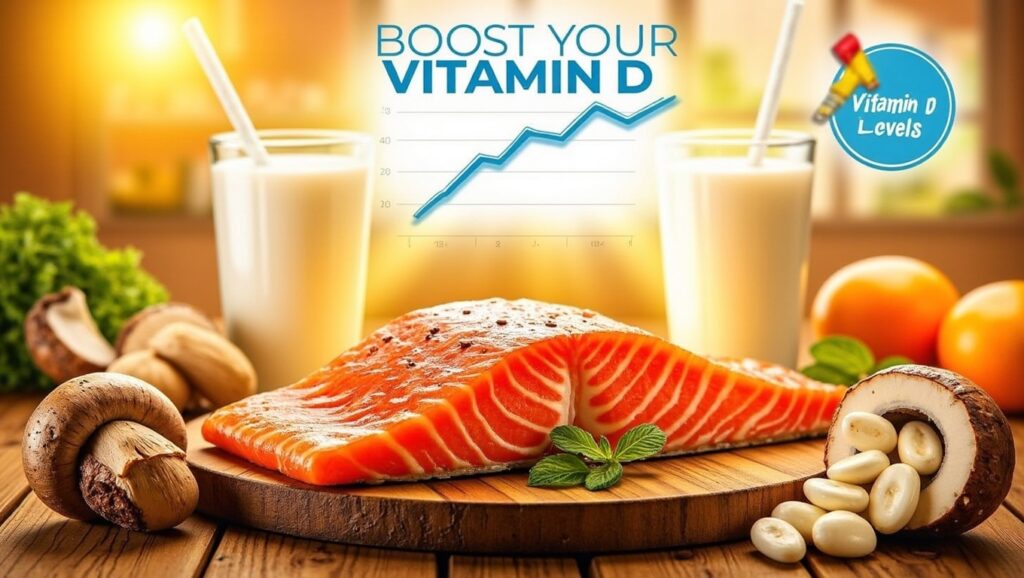Vitamin D, often called the “sunshine vitamin,” is crucial for maintaining overall health. Its role extends far beyond supporting bone health, impacting immunity, mood regulation, and even weight management. Despite its importance, many people face vitamin D deficiencies due to lifestyle factors and dietary gaps. Understanding how to incorporate this nutrient into your daily routine through a healthful diet is key to unlocking its benefits for long-term wellness.

What Is Vitamin D and Why Does It Matter?
Vitamin D is a fat-soluble vitamin that helps the body absorb calcium and phosphorus, crucial for maintaining strong bones and teeth. It also supports immune function, reducing the risk of infections and chronic diseases. Unlike other vitamins, vitamin D can be synthesized when the skin is exposed to sunlight, but food and supplements remain important sources, particularly for those living in regions with limited sun exposure.
Common Deficiencies and Their Health Impacts
Vitamin D deficiency is a global concern, affecting nearly 1 billion people worldwide, according to studies from the National Institutes of Health. Symptoms include fatigue, muscle weakness, and increased susceptibility to infections. Long-term deficiencies have been linked to conditions like osteoporosis, cardiovascular diseases, and even depression. Addressing these deficiencies requires dietary awareness and, in some cases, supplementation to maintain optimal levels.
The Science Behind Vitamin D and Diet
Research highlights the importance of integrating vitamin D-rich foods into daily meals. Fatty fish like salmon and mackerel, egg yolks, and fortified products such as milk and cereals are excellent sources. A study published in The American Journal of Clinical Nutrition found that individuals with a balanced intake of vitamin D-rich foods exhibited better immune responses and bone density. Pairing these foods with healthy fats enhances absorption, making them even more effective.
Vitamin D and Weight Management
Emerging evidence suggests a potential link between vitamin D levels and weight management. Low vitamin D levels have been associated with higher body fat percentages, possibly due to its role in regulating appetite and fat storage. While maintaining adequate levels of this nutrient supports overall health, combining it with other lifestyle strategies is critical for effective weight control. Here, innovative solutions like supplements can further enhance your efforts.
Practical Tips for a Vitamin D-Rich Diet
Incorporating vitamin D into your diet is easier than you might think. Start by including foods like salmon, fortified plant-based milk, and mushrooms exposed to sunlight. If natural sunlight is scarce, consider a daily vitamin D supplement to meet recommended levels. Regular blood tests can help monitor your vitamin D status, ensuring that your dietary choices are working effectively.

Conclusion: A Step Toward a Healthier Lifestyle
Vitamin D is a cornerstone of a healthful diet, with far-reaching effects on bone health, immunity, and beyond. By understanding its role and making mindful dietary choices, you can enhance your well-being and achieve sustainable health goals. Whether you’re looking to boost immunity, manage weight, or simply feel your best, start by prioritizing vitamin D in your daily life. Supplements like Mitolyn can offer added support, helping you stay on track in your journey toward optimal health.
See this interesting article about: Understanding Fats and Cholesterol


Pingback: The Hidden Dangers of Excessive Vitamin D Intake - stay healthy today